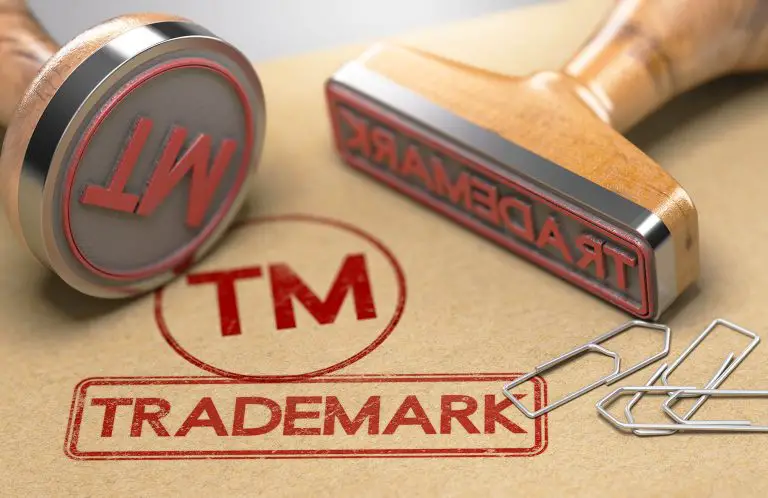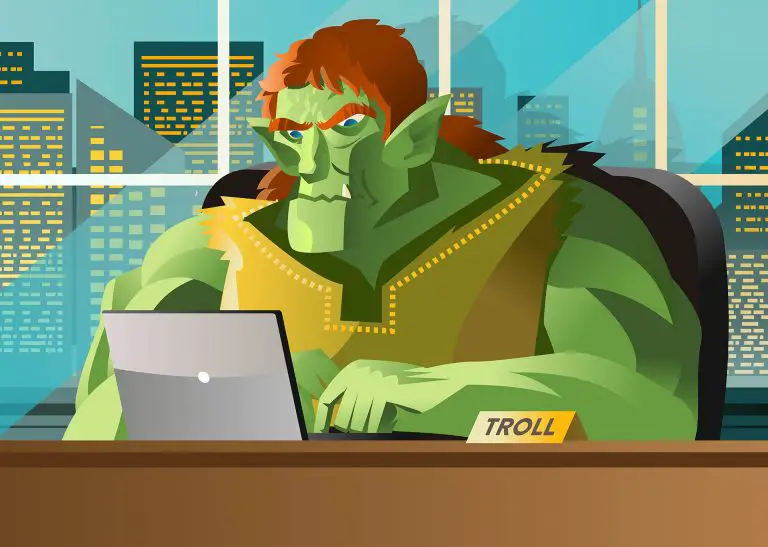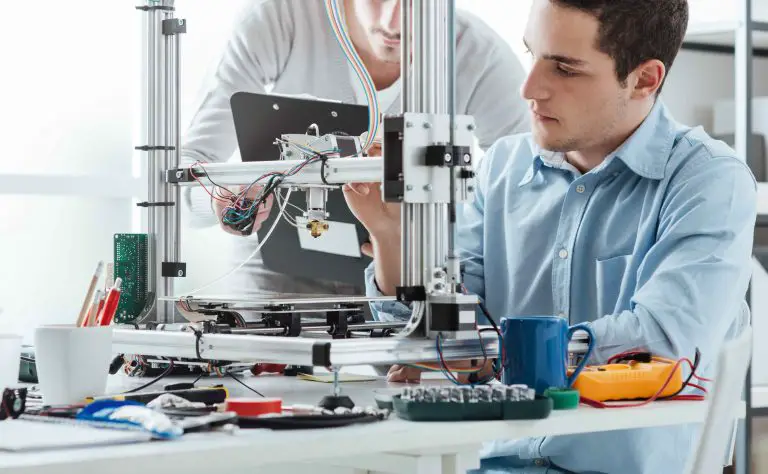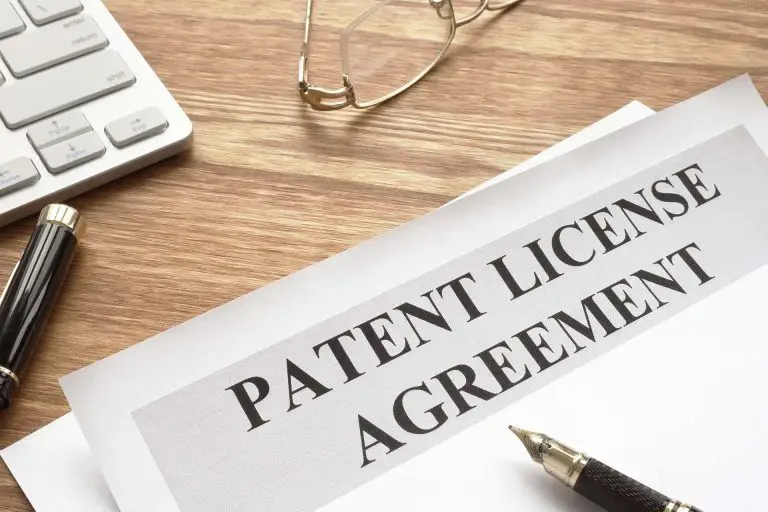Can Medicine Be Patented?
Can Medicine Be Patented?
Pharmaceutical manufacturers have successfully patented thousands of medications that are used by millions of people around the world. So, to answer the question: Can medicine be patented? Yes, medicine can be patented. Pharmaceutical makers rake in millions of dollars from the pharmaceuticals that they’ve patented with the USPTO (The United States Patent and Trademark Office).
How Do Pharmaceutical Companies Patent Medicine?
Pharmaceutical companies patent their medicines by applying for patents from the USPTO, which is the entity responsible for granting inventors patents over their inventions, in this case: pharmaceutical drugs and medicines.
To get a patent pharmaceuticals file what is known as a patent application. In this application, the inventor of the medicines describes the medicine that he wants to protect. To get a patent application approved, the applicant has to follow strict rules set forth by the patent office.
It takes close to seven years for a drug manufacturer to patent a single medication. This is so because the patent office is overwhelmed with patent applications. Right now there are over 500,000 pending patent applications waiting to be examined.
Manufacturers of drugs and medicine spend a ton of money to patent their medications. Patents for pharmaceuticals can easily exceed $15,000 and as the medicine is more complex, the price to patent it goes up. Pharmaceutical companies spend millions of dollars to conduct FDA testing of their pharmaceuticals before the patent office will grant them a patent for a single medication.
To get a patent on a medicine, the pharmaceutical company has to show that it has a new and unique formula that is nonobvious and has a useful purpose. Typically, medicine makers don’t have a problem proving these elements.
The new and unique requirement requires medicine makers to show that their medication is new, said differently, it has to be different from anything that has been publicly disclosed or offered for sale. The nonobviousness requirement requires medication to be unique, in that no one familiar with the field of medication would have found the formula of the medicine to be obvious. The last requirement is the usefulness requirement, which is easy to satisfy. This requirement is often satisfied by claiming that the medication was made to treat a certain disease or diseases.
How Long Does a Patent For Medicine Last?
Most Medicine makers protect their medication by obtaining a utility patent on them. Utility patents last for 20 years from the date an inventor files his utility patent application. That said, the patent office often takes very long to issue a patent protecting a medicine, in some cases, it takes the patent office 7+ years to grant a company a patent on their medication.
That said, pharmaceutical companies file what is called a patent term extension to make up for the time they lost while obtaining regulatory approval for the medication they want to introduce to the market. A patent term extension can extend the patent term by up to 5 years to make up the time a medicine maker loses for having to obtain regulatory approval from the FDA before being granted a patent on their medication.
Why Do Pharmaceutical Companies Patent Their Medication?
Pharmaceutical companies patent their medications because patents offer them monopolies for a limited period of time. During the patent term (the 20 years a utility patent is valid), the medicine maker can prevent other companies from using, making, and selling the medication for which they obtained a patent.
By preventing others from making medicines that compete with their medication, a pharmaceutical company can make a ton of money because it controls the market for that medicine. This is especially true in cases where the pharmaceutical company is the only manufacturer that makes medicine to treat a specific illness.
Some argue that medicine manufacturers make a lot of money by charging large amounts for their patented medicines. Others respond to this argument by stating that pharmaceutical companies should be allowed to patent their medicine and profit it from it because they spent the time, money, and resources to come up with the medication.
Patents allow them to recoup the cost involved with researching and coming up with the medication, as well as profit from the hard work it took them to develop and perfect the medicine. Also, if pharmaceutical companies were not incentivized by patents, they wouldn’t spend the large amounts of money and time that they do to develop and manufacture a certain medication.
If patents didn’t exist, companies wouldn’t invent new medications because they will be reverse-engineered and copied very quickly because there won’t be anything to protect the medicine from being copied and sold by others.
Generic Drugs and Medicine Patents
Once a patent on a brand name medicine expires, generic companies step in and make generic medications that are similar to the brand name medicine and start selling the generic versions at substantially lower prices than their brand name counterparts.
That said, it takes a while for other companies to develop the generic versions of the medication. The fact that a patent on a brand name medication expired does not mean that the maker will have to stop the sale of its once patented medication.
Companies of brand name medications can and usually do continue to sell the brand name medication, but they have to deal with competition from other medicine makers who usually introduce generic versions of the brand name medication that have a similar chemical makeup to the brand name medication.
Why Are Generic Medications Cheaper Than Brand Name Medications?
Generic medications are often offered at lower prices than their brand name counterparts because the generic company does not have the cost of researching and developing the medication. The research and development are usually performed by the brand name medicine maker that spend tons of time and money to develop the combination of chemicals that are used to treat a certain disease.
Generic medicine makers take the work that a brand name medicine maker performs and they use or copy the same chemical makeup and introduce a generic version. They can offer the medicine at a lower price because they haven’t had to pay to develop the medicine and conduct costly research that it took to create the medication.
Benefits of Patenting a Medicine
Some of the benefits of patenting medicine include the following:
- The first benefit that medicine makers get by patenting their medication is the ability to stop others from using, making, selling, and copying their medication for a limited period of time, usually 20 years in the case of utility patents, which are used to protect medicine.
- The second benefit is that by being able to stop others from making and selling medications with a similar chemical makeup, the medicine manufacturer enjoys a monopoly that allows it to raise the prices on the medication to recoup the cost of developing and creating the medication, as well as profit from the labor, time, and money that it took to develop and bring the medication to market.
- By patenting a medicine, a medicine maker can bring a lawsuit against any party that infringes upon its patent by using, making, selling, or offering to sell a medication that copies the patented medication.
- The benefit to the public that comes along with medicine patents is that they encourage drugmakers to spend the time, money, and resources to develop life-saving medications that millions of people use on a daily basis.
Patenting Medicine
By now, you should know that an inventor of medicine can protect his invention by obtaining a patent from the USPTO. Many pharmaceutical companies patent the medicine they make to be able to recoup and profit from the work and money it takes to create a medicine. Some argue that pharmaceutical makers profit too much, others reply by stating that they should be able to profit because they took the financial risk and spent the time developing a medication, therefore they should be allowed to profit for a limited period of time. If you have any general questions or comments, please feel free to leave them in the comments section below.








